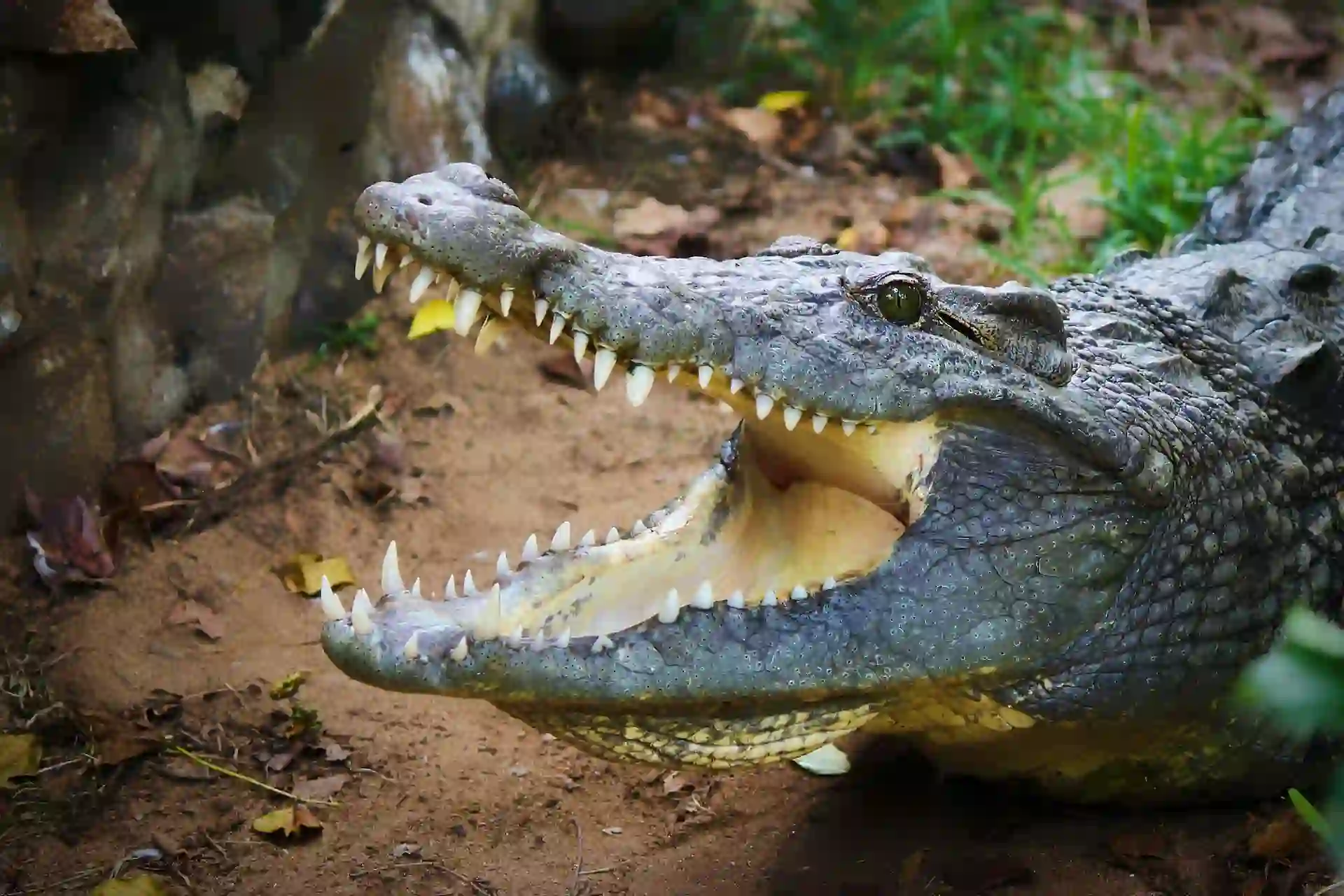Turtles have long been admired for their unique appearance and intriguing behavior. As pets, they offer companionship, educational opportunities, and a low-maintenance lifestyle.
However, adopting a turtle is not a decision to be taken lightly. It requires proper knowledge and commitment to ensure the well-being of these fascinating creatures.
If you’re considering adding a turtle to your family, read on to discover the joys and responsibilities that come with it.
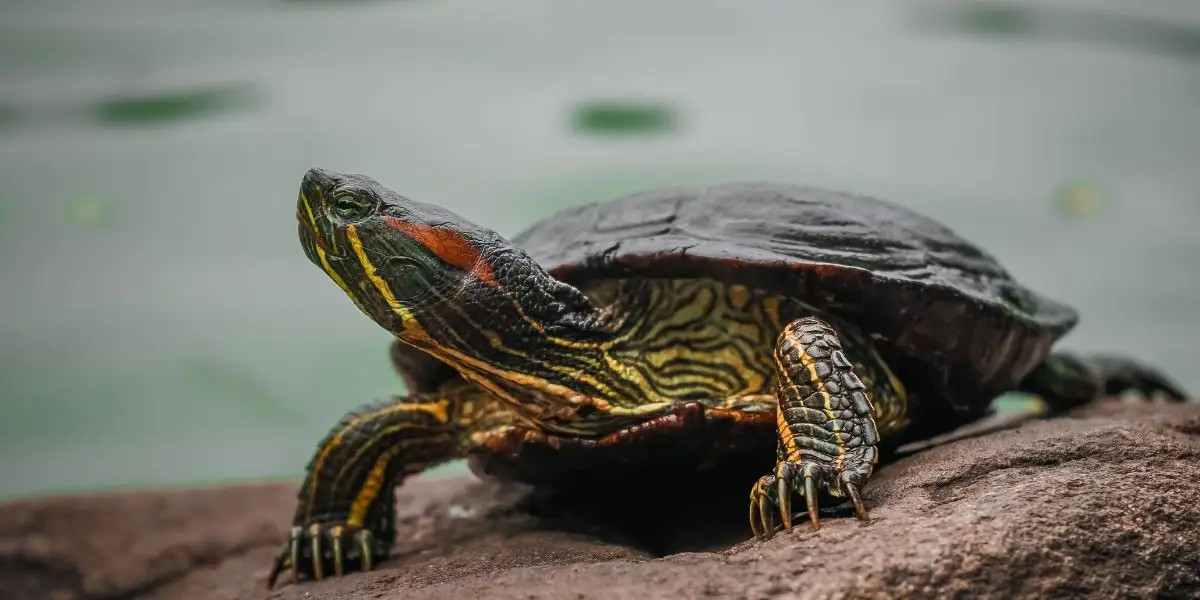
Benefits of Adopting a Turtle
When it comes to adopting a pet, turtles offer a unique set of benefits that can enhance your life in various ways.
Here are some of the advantages of bringing a turtle into your home:
Companionship and Emotional Support
Turtles may not be as cuddly as dogs or cats, but they can still provide companionship and emotional support. Watching them swim gracefully in their habitat or observing their slow and deliberate movements can be incredibly calming and therapeutic.
Turtles have a calming presence that can help reduce stress and anxiety, making them ideal pets for individuals seeking a sense of tranquility in their lives.
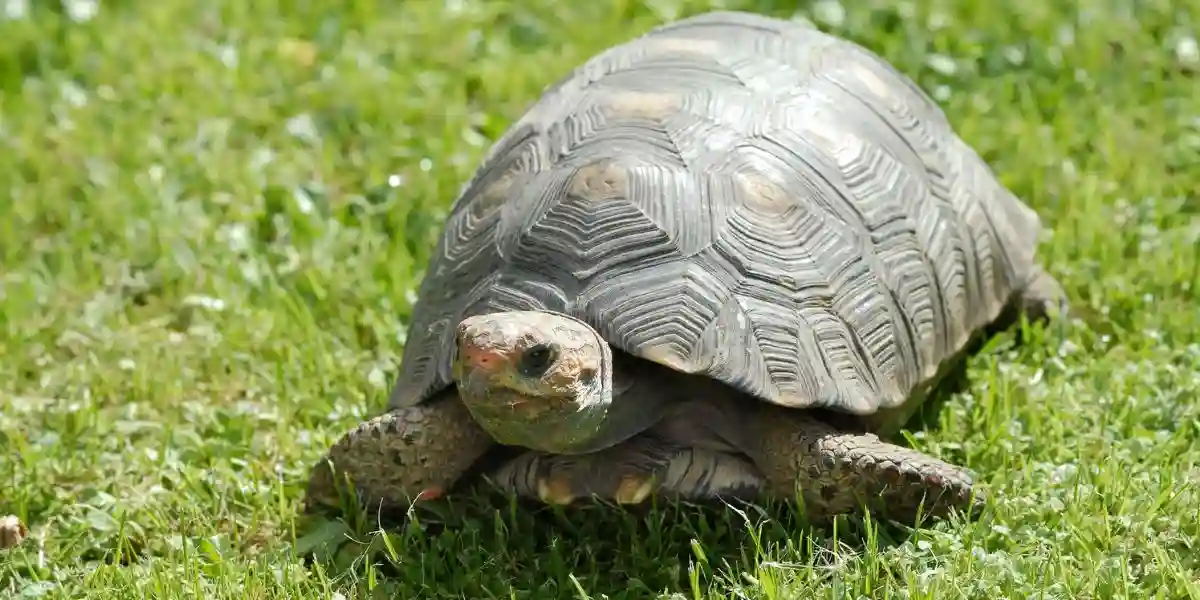
Educational Opportunities for Children and Adults
Adopting a turtle can be an excellent educational opportunity for both children and adults. Turtles are fascinating creatures with unique behaviors and adaptations.
By observing and caring for a turtle, you can learn about their biology, habitat requirements, and the importance of conservation. For children, having a turtle as a pet can foster a sense of responsibility and teach them about the natural world.
Low Maintenance Compared to Other Pets
If you’re looking for a pet that doesn’t require constant attention and care, adopting a turtle might be the perfect choice. Turtles are relatively low maintenance compared to other pets like dogs or cats.
They don’t need to be walked, groomed, or entertained constantly. With the right setup and care, turtles can thrive in their habitat with minimal intervention, making them an ideal pet for individuals with busy lifestyles or limited time.
Considerations Before Adopting a Turtle
While adopting a turtle can be a rewarding experience, it’s crucial to consider several factors before bringing one into your home.
Here are some key considerations to keep in mind:
Researching Turtle Species and Their Specific Needs
Turtles come in various species, each with its own unique requirements and care needs. Before adopting a turtle, it’s essential to research different species and choose one that aligns with your lifestyle and capabilities.
Some turtles require specific temperature and humidity levels, while others have dietary preferences. Understanding the specific needs of the species you’re interested in will ensure that you can provide a suitable environment for your new pet.
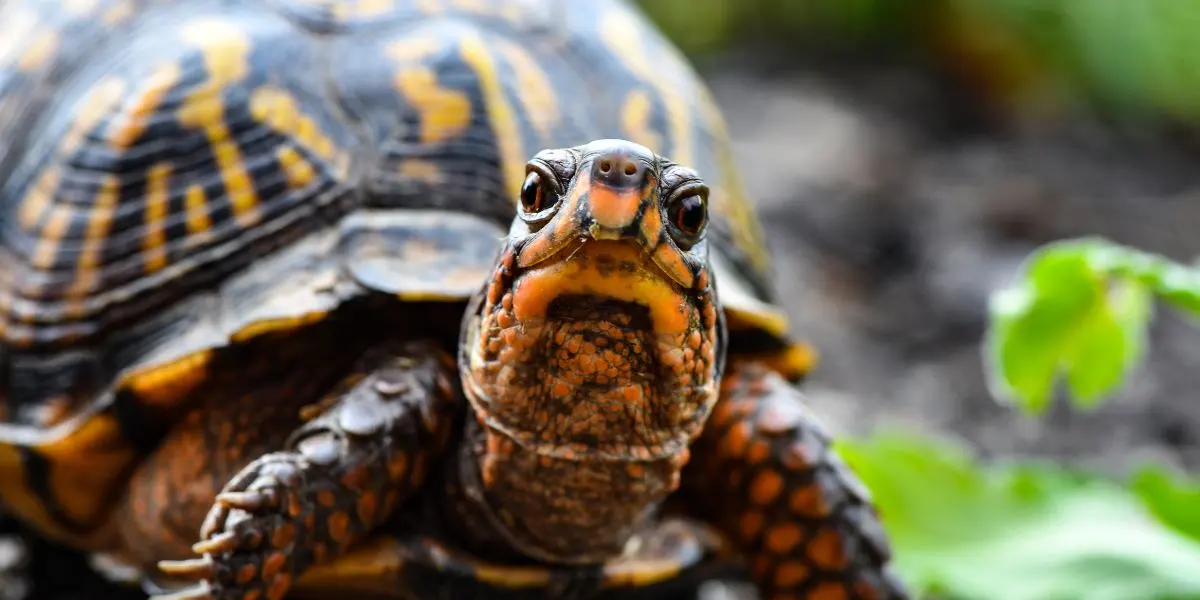
Providing a Suitable Habitat and Environment
Creating a suitable habitat for your turtle is crucial for its well-being. Turtles need an appropriate enclosure that includes a basking area, a swimming area, and a hiding spot.
The enclosure should be spacious enough for the turtle to move around comfortably. You’ll also need to provide the right lighting, heating, and filtration systems to maintain the optimal conditions for your turtle’s health.
Researching and setting up the habitat before bringing your turtle home is essential to ensure its comfort and happiness.
Understanding the Long Lifespan of Turtles
Turtles are known for their long lifespans, with some species living for several decades. Before adopting a turtle, it’s important to understand and be prepared for the long-term commitment involved.
Turtles can live for 20 years or more, so you need to be ready to provide care and attention for the entirety of their lives. Consider your future plans and ensure that you can commit to caring for a turtle for its entire lifespan.
By thoroughly researching turtle species, providing a suitable habitat, and understanding the long lifespan of turtles, you can ensure that you’re fully prepared to adopt and care for one of these remarkable creatures.

Steps to Adopt a Turtle
Adopting a turtle involves a series of steps to ensure that you find a healthy and suitable companion.
Here are the essential steps to follow when adopting a turtle:
Researching Reputable Adoption Centers or Breeders
- Start by researching reputable adoption centers or breeders in your area.
- Look for organizations or individuals with a good reputation for providing healthy and well-cared-for turtles.
- Read reviews, ask for recommendations from other turtle owners, and ensure that the adoption center or breeder follows ethical practices.
Visiting the Adoption Center or Breeder to Assess the Turtles
Once you have identified potential adoption centers or breeders:
- Visit them in person to assess the turtles and their living conditions.
- Observe the turtles’ behavior
- Check for signs of good health (such as clear eyes and a smooth shell)
- Ask questions about their care history.
It’s important to choose a turtle that appears active, alert, and free from any signs of illness or neglect.
Preparing the Turtle’s Habitat Before Bringing It Home
Before bringing your new turtle home, make sure to prepare its habitat in advance.
- Set up the enclosure with the appropriate lighting, heating, and filtration systems.
- Create a comfortable and safe environment that mimics the turtle’s natural habitat as closely as possible.
- Ensure that the enclosure is secure and free from any potential hazards.
By following these steps, you can find a healthy and suitable turtle to bring into your home.
Caring for a Turtle
Once you have adopted a turtle and brought it home, it’s important to provide the proper care to ensure its health and well-being.
Here are some essential aspects of turtle care:
Providing a Balanced Diet and Proper Nutrition
Turtles have specific dietary needs that must be met to keep them healthy.
Their diet typically consists of a combination of commercial turtle pellets, fresh vegetables, and occasional protein sources like insects or small fish.
It’s important to research the dietary requirements of your specific turtle species and provide a balanced diet that includes the necessary vitamins and minerals.

Maintaining a Clean and Safe Habitat
Regular cleaning and maintenance of the turtle’s habitat are crucial for its health.
Clean the enclosure regularly, removing any waste or uneaten food.
Ensure that the water in the swimming area is clean and properly filtered. Monitor the temperature and humidity levels to maintain optimal conditions.
Regularly inspect the habitat for any potential hazards or signs of damage.
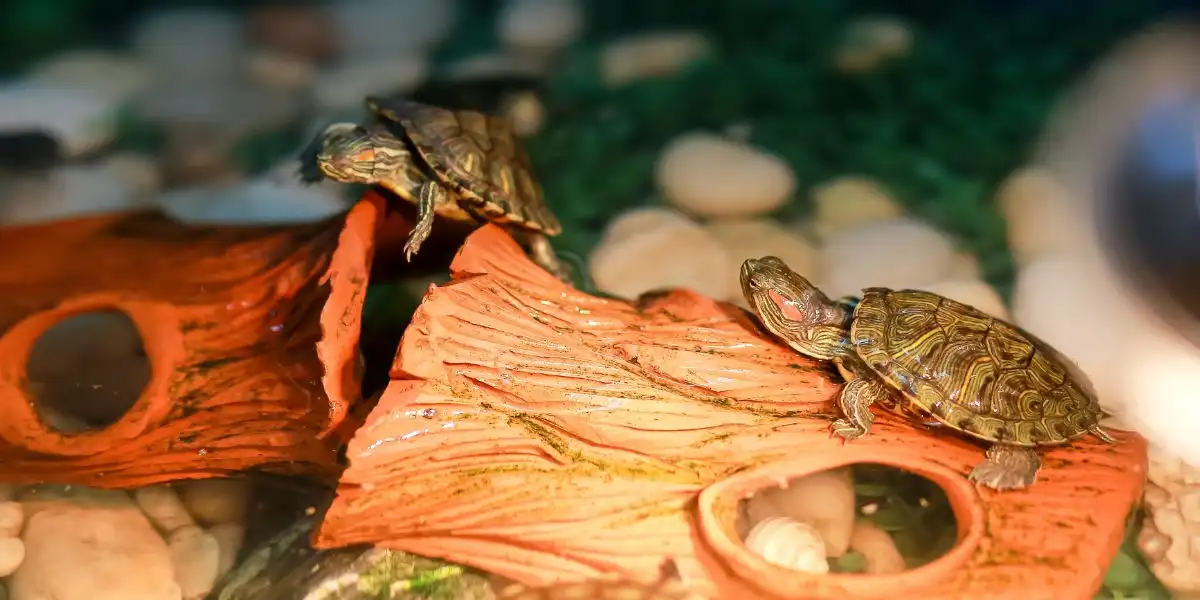
Regular Veterinary Check-ups and Health Care
Just like any other pet, turtles require regular veterinary check-ups to monitor their health and address any potential issues.
Find a veterinarian with experience in reptile care and schedule routine check-ups for your turtle.
Remember to be observant of any changes in your turtle’s behavior, appetite, or appearance, as these may indicate health problems that require attention.
Providing proper care for your turtle is essential for its well-being.
By ensuring a balanced diet, maintaining a clean habitat, and seeking regular veterinary care, you can help your turtle live a healthy and happy life.
Potential Challenges of Owning a Turtle
While owning a turtle can be a rewarding experience, it’s important to be aware of the potential challenges that come with it.
Here are some challenges you may encounter as a turtle owner:
Time Commitment for Daily Care and Maintenance
Turtles require daily care and maintenance, including feeding, cleaning their habitat, and monitoring their health. This can be time-consuming, especially if you have a busy schedule. It’s important to allocate enough time each day to properly care for your turtle and meet its needs.
Financial Considerations for Food, Habitat, and Veterinary Expenses
Owning a turtle comes with financial responsibilities. You’ll need to budget for the cost of food, habitat setup and maintenance, and regular veterinary check-ups.
Unexpected veterinary expenses may also arise if your turtle falls ill or requires specialized care. It’s important to consider these financial obligations before adopting a turtle.
Potential Difficulties in Finding a Suitable Caretaker During Vacations or Travel
Turtles require consistent care, even when you’re away on vacation or traveling.
Finding a suitable caretaker who can provide the necessary care and attention to your turtle can be challenging.
It’s important to plan ahead and make arrangements for your turtle’s care during your absence.
By being aware of these potential challenges, you can better prepare yourself for the responsibilities that come with owning a turtle.
Despite these challenges, the joy and fulfillment that come from caring for a turtle can outweigh the difficulties.
Frequently Asked Questions
Yes, turtles can be adopted. Many organizations and rescue centers offer turtles for adoption, especially those that have been abandoned, surrendered, or rescued.
Turtles can make good pets for the right owner. They have specific care requirements and can live for a long time, so potential owners should be prepared to provide the necessary care, space, and commitment for their well-being.
Taking care of a turtle can require some effort and knowledge. Turtles have specific needs such as a proper habitat, temperature regulation, a balanced diet, and regular veterinary check-ups. It is important to research and understand the species you plan to keep as a pet to ensure you can provide the appropriate care.
Adopting a turtle typically involves providing a permanent home and care for a turtle that is in need. It usually entails going through an adoption process, which may include filling out an application, meeting specific criteria set by the organization or rescue center, and potentially paying an adoption fee.
Turtles do not experience emotions like humans do, so they don’t have the capacity for love in the same way. However, turtles can become accustomed to their owners and recognize them, showing signs of familiarity and comfort in their presence.
While individual preferences can vary, most turtles do not particularly enjoy being held or cuddled. They are generally more comfortable and content in their own habitat, with interaction primarily focused on observing and providing care.
It is generally not recommended to cuddle a pet turtle. Turtles have delicate shells that can be easily injured or cracked, and they can become stressed when handled too frequently or inappropriately. It’s important to respect their natural behavior and provide them with a suitable environment instead.
The lifespan of a pet turtle can vary depending on the species. Some smaller species may live for 10-25 years, while larger species or tortoises can live for several decades or even over a century with proper care.
Conclusion
Adopting a turtle can be a unique and fulfilling experience that offers companionship, educational opportunities, and a low-maintenance pet. However, it’s important to approach turtle adoption with proper knowledge and commitment.
Adopting a turtle can be a rewarding experience that brings joy and enrichment to your life. However, it is essential to approach turtle ownership with responsibility and commitment.
By providing the proper care and attention, you can ensure the well-being of your turtle and enjoy the unique bond that comes with having these fascinating creatures as pets.
So, if you’re ready for the adventure of turtle ownership, consider adopting a turtle and embark on a journey filled with companionship, learning, and love.



